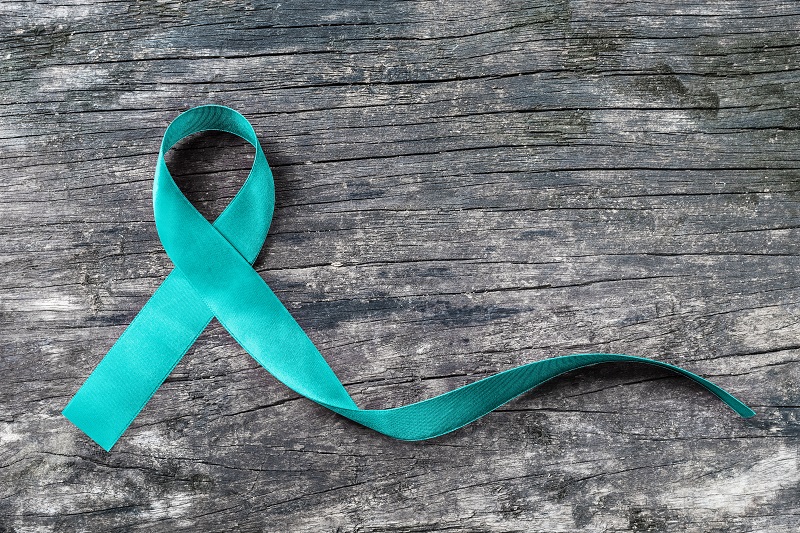Individual Counseling: If You’ve Experienced Sexual Activity without Consent – Find Help!

Individual counseling is available at Take Charge, Inc. that incorporates polyvagal theory for the healing of complex post-traumatic stress disorder, and other issues related to trauma. Sexual trauma is a horrendous experience that may weaken a person’s sense of safety and trust in themselves, their body, their relationships, and their sexuality. If you have experienced any kind of sexual trauma without consent as an adult or a child, reach out to Terri Dichiser for individual counseling to support you.
Psychologist Stephen Porges says, “The survivor of sexual trauma may not have cognitive awareness of the experience, although their body has retained the memory and implicit feeling.” “Trauma therapies try to create a dynamic interaction between the more diffuse implicit bodily feelings and the more explicit memories with a goal of shifting the client’s personal narrative to one of greater self-understanding and self-compassion.” Sexual trauma is any event in which a person faces non-consensual sexual contact or behavior. It’s important to document that everyone experiences trauma differently. Traumatic experiences can feel overwhelming, and what can be traumatic to one person may not feel like a big deal to someone else.
Sexual trauma is an extremely violating experience that can have many widespread impacts on one’s well-being, including reduced ability for emotion regulation and emotional awareness, dissociation, and can create negative impacts on cognitive functioning and mental health, including the way we process information and perceive ourselves. Some other symptoms of untreated sexual trauma include flashbacks, intrusive memories, decreased or inconsistent memory, and impaired social and relational functioning. It is also common for survivors to suffer with an internalized sense of shame, depression, post-traumatic stress disorder (PTSD), eating disorders, poor body image, low self-confidence, and a greater risk of impulsivity and substance abuse. When a traumatic event happens and it’s too much for the brain to process, parts of the traumatic memory get locked up and don’t develop the way other memories do. This is our brain trying to protect us. The result is a lack of solution and a nervous system that is out of balance. When a person thinks about the trauma they experienced or are triggered by something else, it feels as if the trauma is actually happening again in the present. When we are being triggered, our coping skills are reduced to those from a much younger version of ourselves.
Terri uses polyvagal theory, somatic experiencing, EMDR and compassionate inquiry during her individual counseling sessions to help you process your trauma and work on yourself to heal. Polyvagal theory highlights the evolutionary development of two systems: the sympathetic nervous system and the parasympathetic nervous system which is overseen by the vagus nerve. Each of these systems has an important role in how the body reacts before, during, and after a stressful or traumatic event. The sympathetic nervous system is responsible for the fight, flight, or freeze response. In the fight or flight response, it speeds up the heartbeat and blood pressure and redirects blood from the brain to prepare the muscles to run toward or away. When there is no way to escape, the parasympathetic nervous system causes the person to freeze or collapse, which are both forms of dissociation. The role of the parasympathetic nervous system is to lower the heart rate and blood pressure, calming the body down after a traumatic event. The vagus nerve is the main component of the parasympathetic nervous system, which is responsible for a wide array of critical bodily functions. The vagus nerve plays a role in the control of mood, immune response, digestion, and heart rate. When the sympathetic nervous system becomes hyper-aroused, it hurts the survivor’s ability to calm themselves after being triggered, even if it’s something completely unrelated to the trauma that caused the damage. Additionally, if the parasympathetic system does not perform optimally, blood pressure can drop suddenly leading to fainting and other physical issues.
When someone receives repeated stimulation of their nervous systems from abuse or trauma, especially in childhood, their brains alter to include hypervigilance. Humans have the unique ability to change the structure of our brains. Polyvagal theory suggests that individual counseling is instrumental in teaching the vagus nerve to calm down. It does this by the survivor learning to use experiences in to calm their hypervigilance. Healing from trauma takes a great deal of time and work in individual counseling with a trained mental health professional. For more information about individual counseling and trauma-informed therapy in Johnson County, KS, contact Take Charge, Inc. at (913) 239-8255.
E-News Signup
Increase your emotional intelligence by signing up for the brief monthly eNews with Terri’s emotional intelligence tips and info.
FORM WILL GO HERE...
